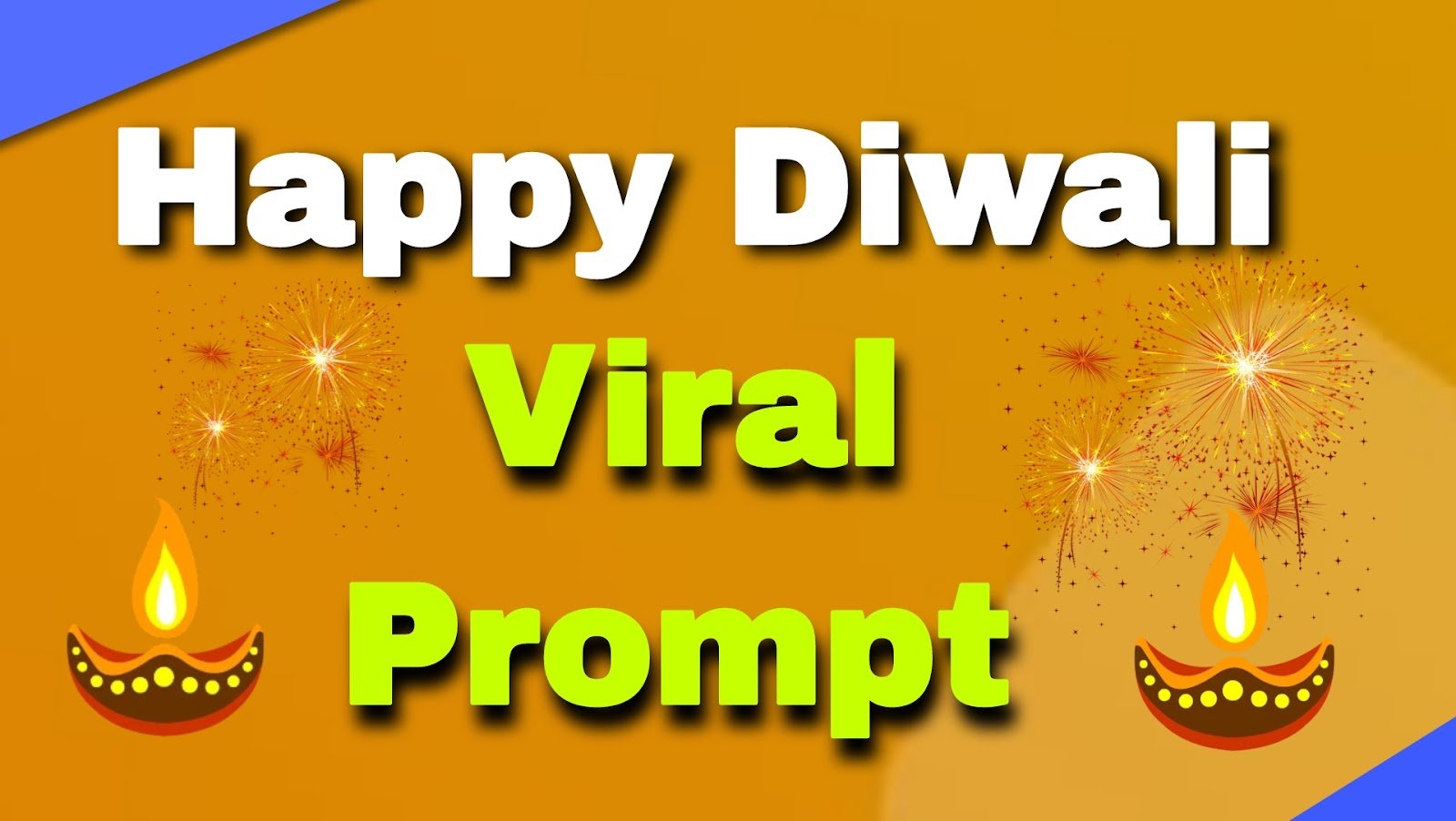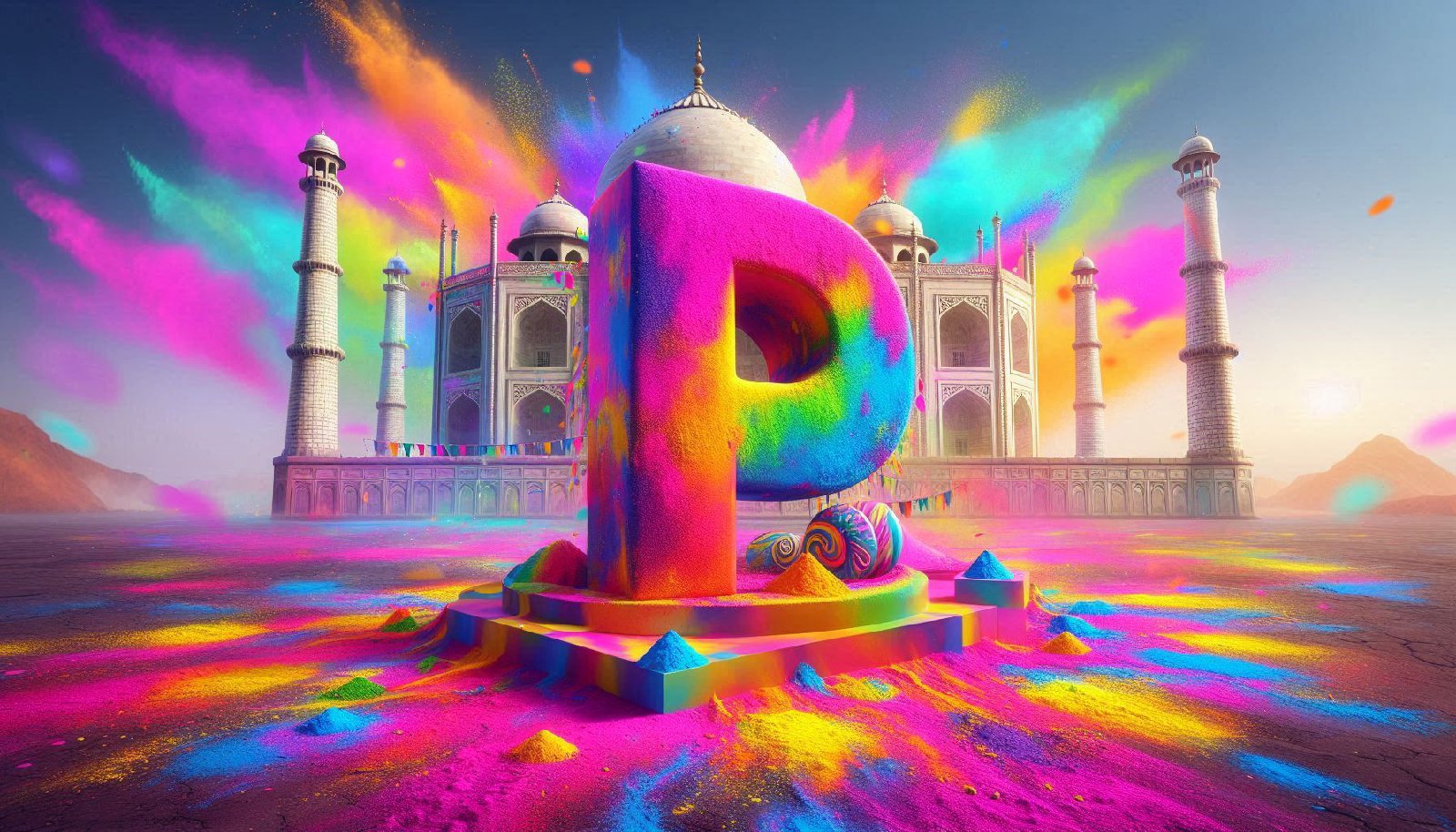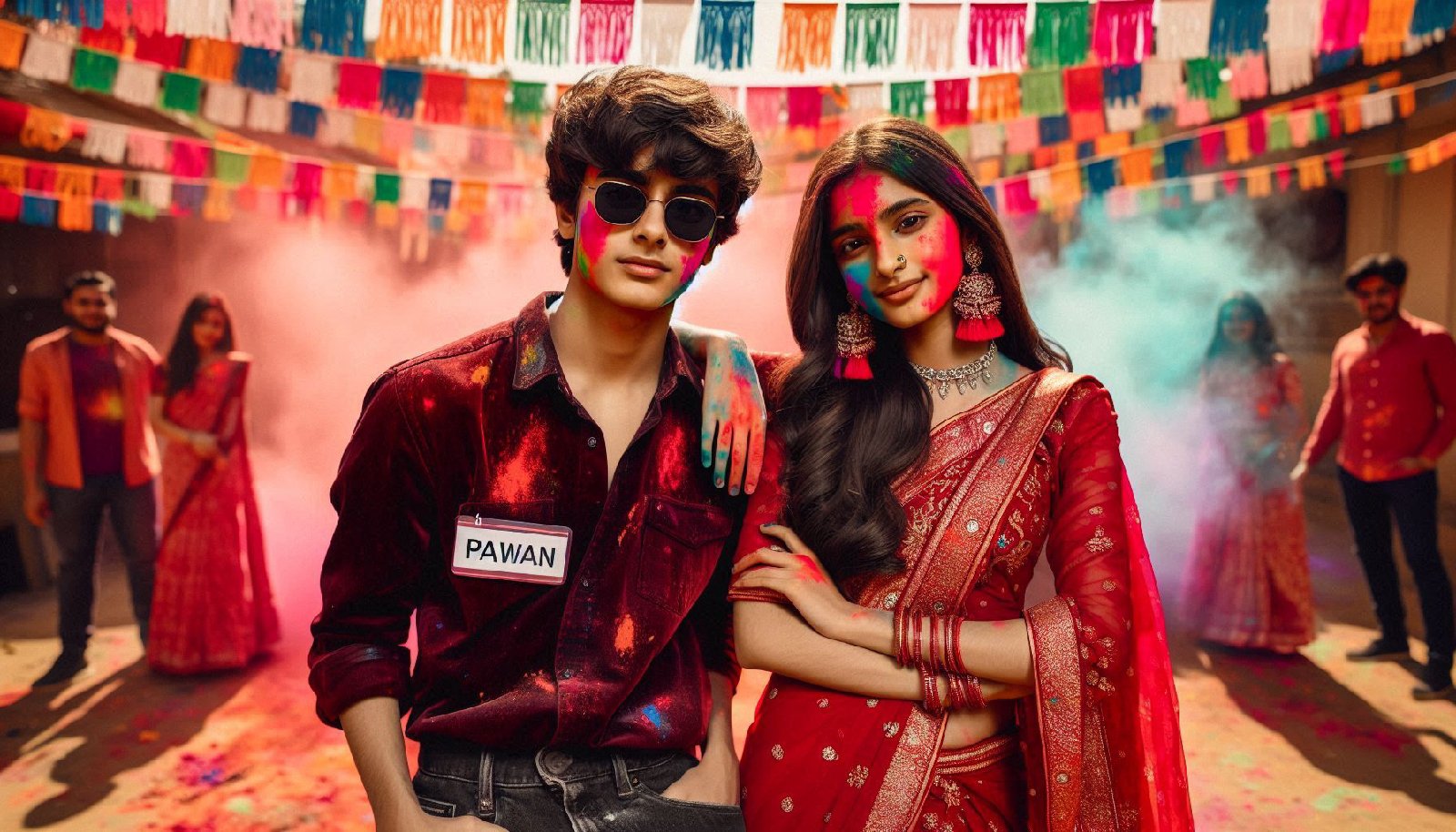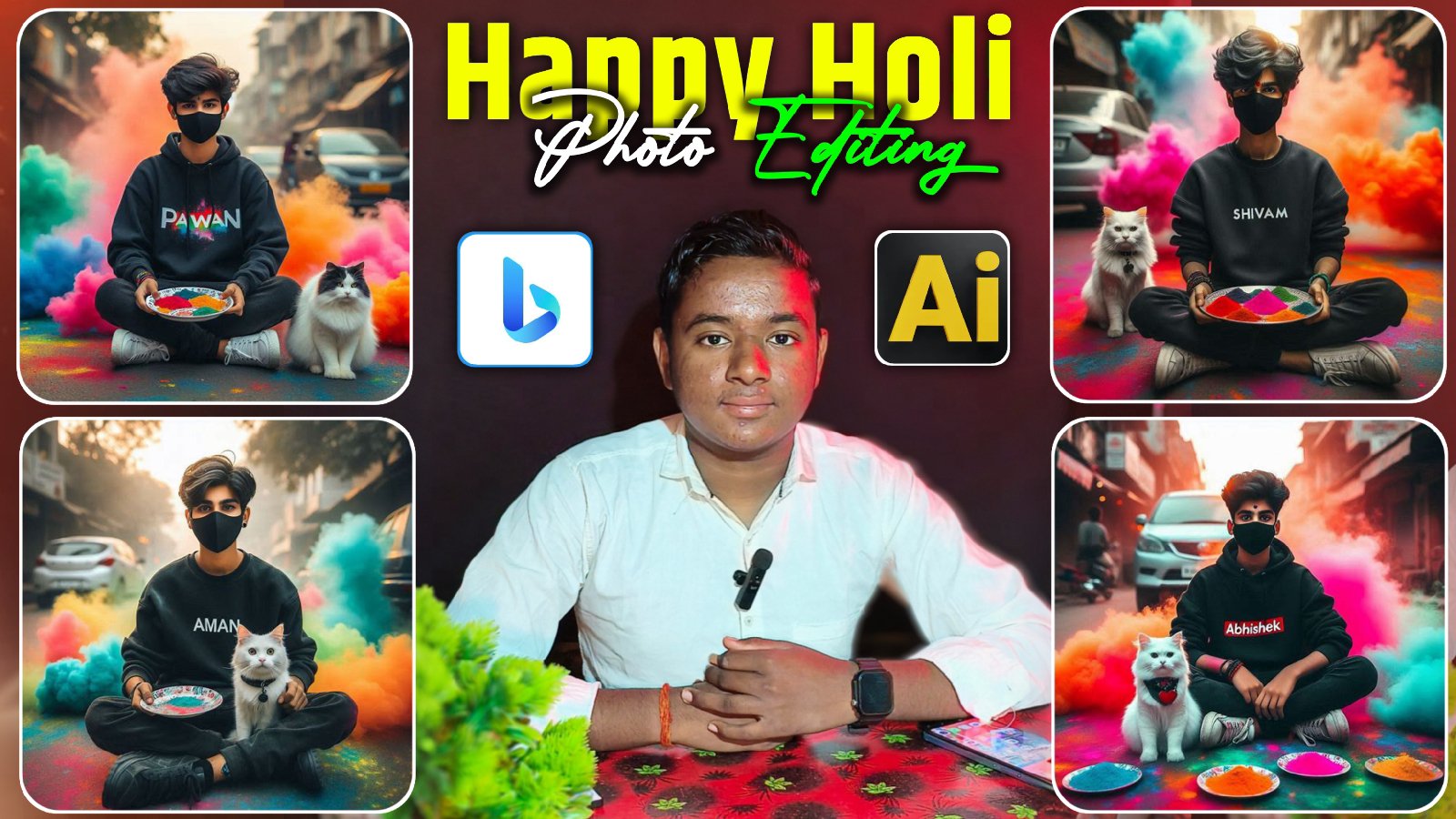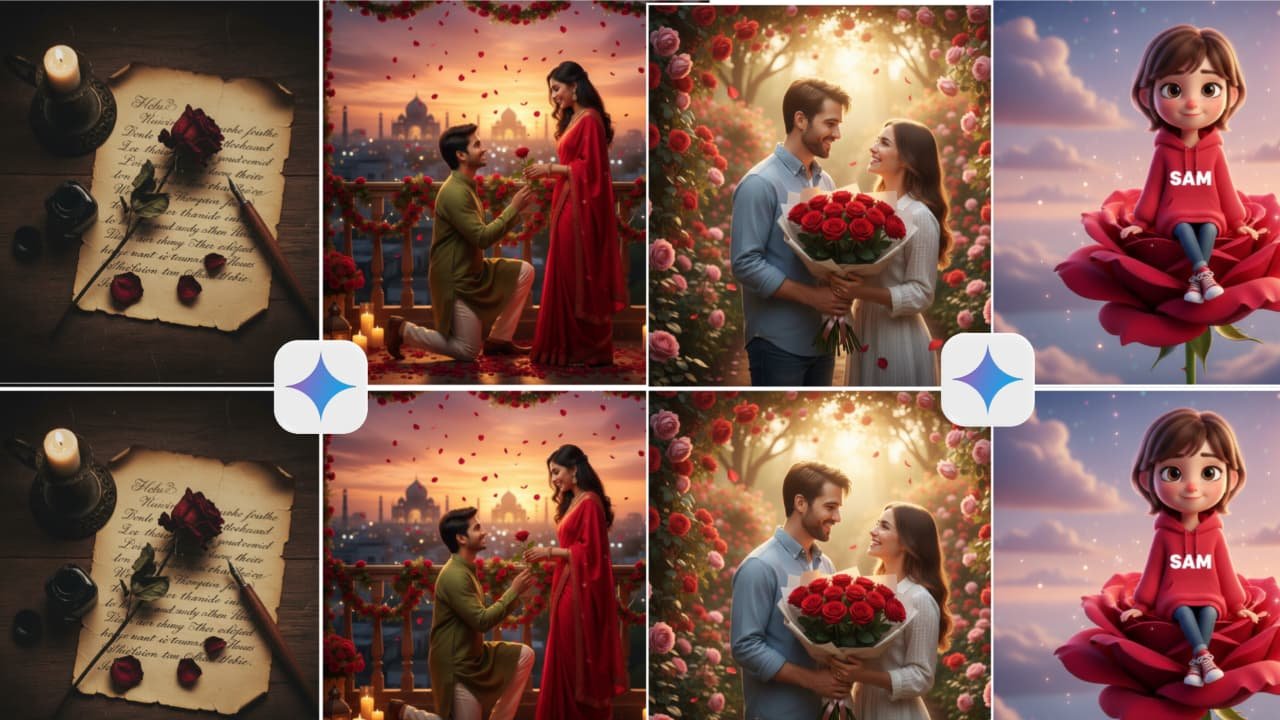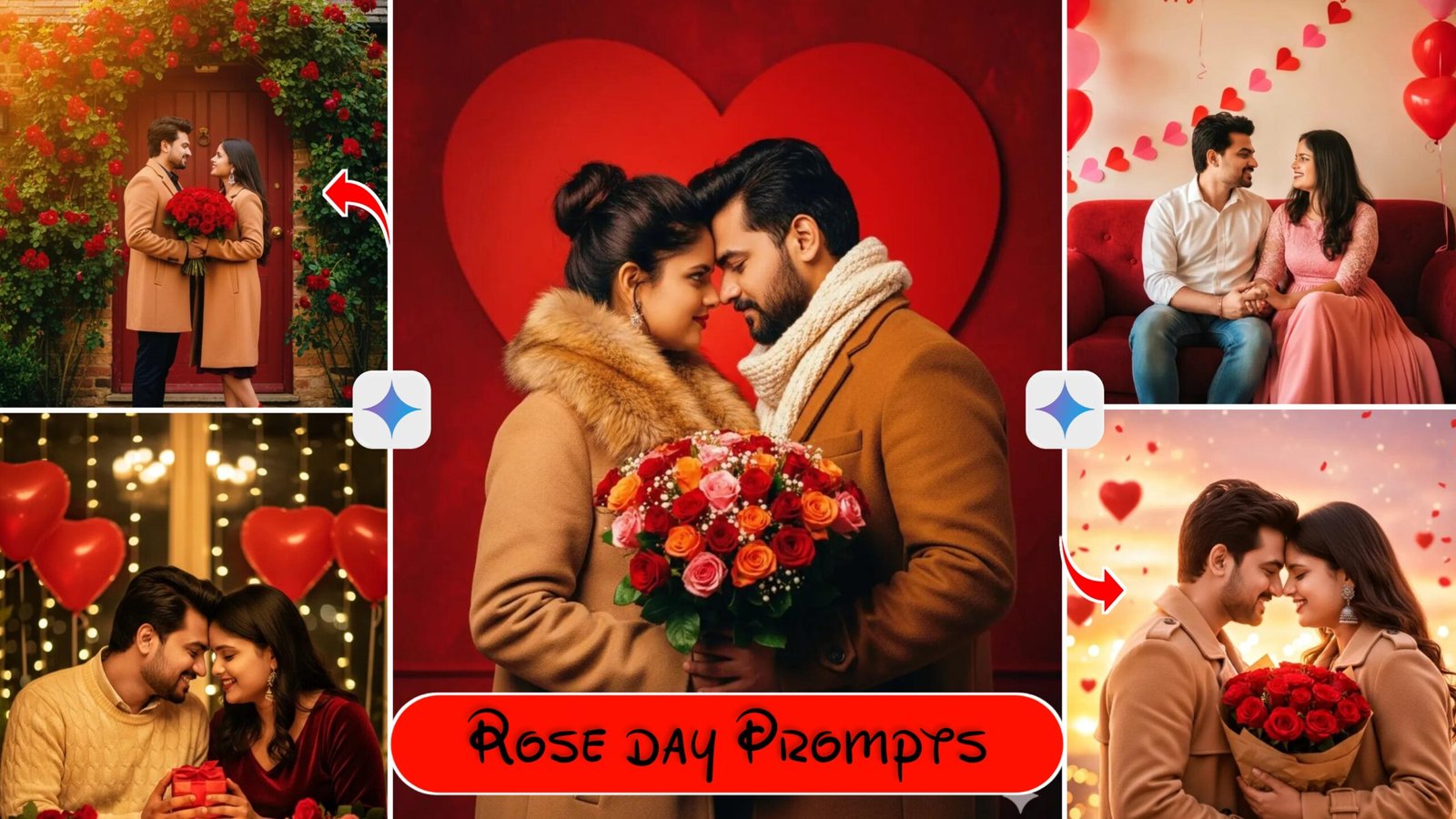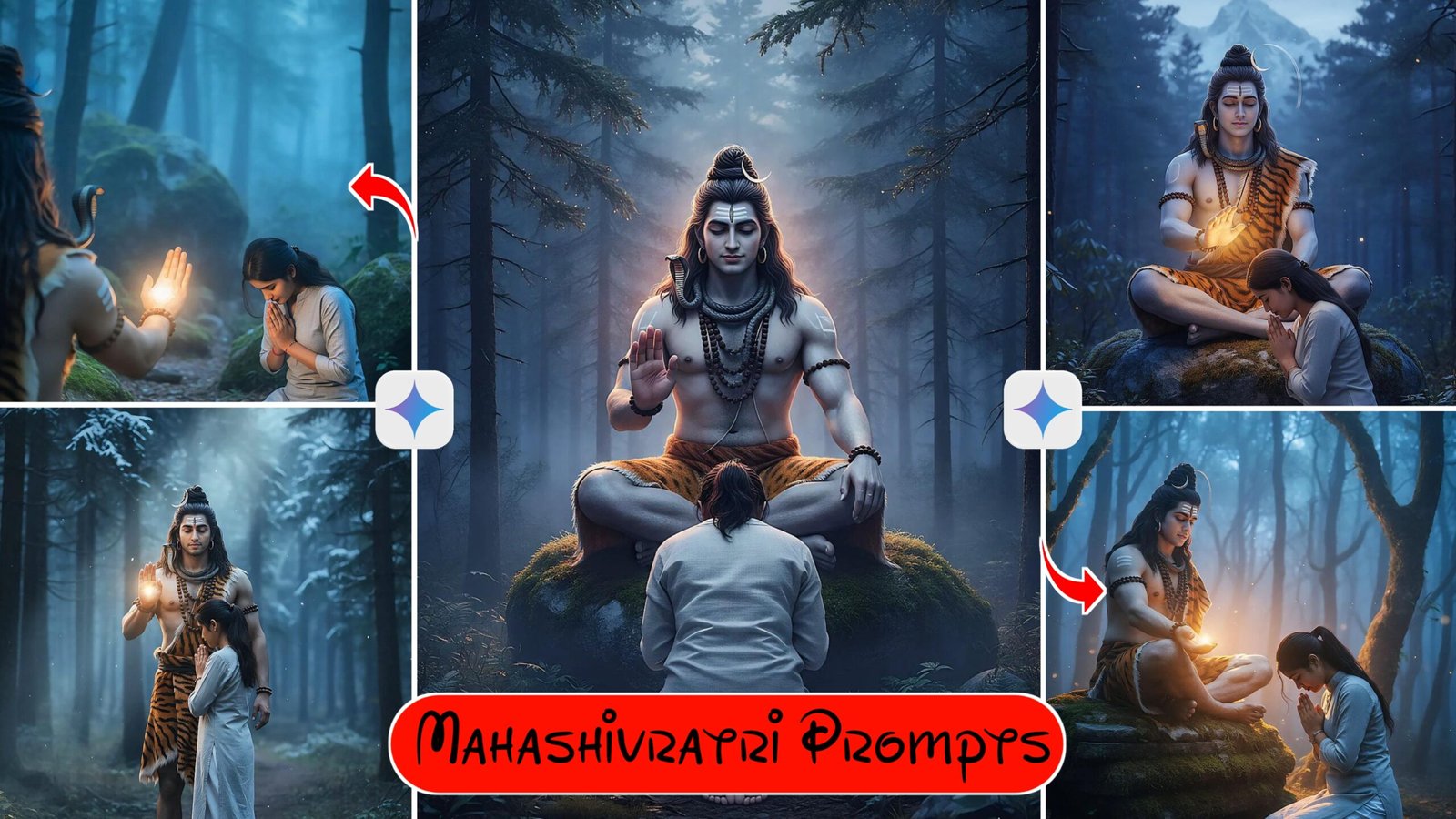Diwali, also known as the Festival of Lights, is a major Hindu festival celebrated by millions worldwide. It symbolizes the triumph of light over darkness and good over evil. According to Hindu mythology, Diwali commemorates Lord Rama’s return to Ayodhya after defeating the demon king Ravana. During the festival, people light diyas (oil lamps), decorate their homes with colorful rangoli, and exchange sweets and gifts.
Many families also perform Lakshmi Puja, praying for prosperity and happiness. Diwali fosters togetherness and joy, bringing families and communities closer while celebrating hope, renewal, and positivity.
🟠 PROMPT 👀👇
“A boy of 18 years of age is playing with the fireworks outside his house on Diwali and his family is also playing with the fireworks. Boy Is wearing Black shirt and black jeans with the text “PAWAN” clearly Written in t-shirt and lamps are burning on top of the house and 4k ultra quality picture.”
1. Historical and Mythological Significance
Diwali, or Deepavali, means “row of lights” in Sanskrit, and it’s one of the most important festivals in India and among Hindu communities worldwide.
It’s celebrated to mark the return of Lord Rama to his kingdom Ayodhya after 14 years of exile, having defeated the demon king Ravana. To welcome him, the people of Ayodhya lit rows of oil lamps, symbolizing the victory of light over darkness and good over evil.
In other regions, Diwali is associated with the goddess Lakshmi, the deity of wealth and prosperity, or the return of Lord Krishna with his wife Satyabhama after defeating the demon Narakasura.
2. Cultural and Religious Observances
Diwali is observed by Hindus, Sikhs, Jains, and Buddhists, each giving it unique meaning:
Hindus: Celebrate Rama’s return and worship Lakshmi for prosperity.
Sikhs: Commemorate the release of Guru Hargobind Ji from imprisonment.
Jains: Mark the day Lord Mahavira, the last Tirthankara, attained nirvana.
Buddhists: In certain regions, they celebrate the festival as a symbol of peace and enlightenment.
Celebrations include lighting oil lamps or candles, decorating homes with rangoli (colored powder patterns), performing religious rituals, and praying for prosperity and well-being.
3. Festive Traditions and Customs
Lighting of Diyas and Fireworks: Homes are illuminated with diyas (oil lamps) and decorative lights. Fireworks symbolize joy and the drive away of evil spirits.
Cleaning and Decorating Homes: It’s traditional to clean homes, buy new items, and decorate with flowers and rangoli to invite positivity and good fortune.
Exchanging Sweets and Gifts: Families and friends exchange sweets, snacks, and gifts to express love and goodwill. Traditional sweets like ladoo, barfi, and jalebi are especially popular.
Lakshmi Puja: Many perform a special puja to honor Lakshmi, seeking blessings for wealth and prosperity in the coming year.
4. Economic Impact
Diwali has a significant economic impact, as it’s the biggest shopping season in India, similar to the holiday season in the West.
Sales of consumer goods, clothing, jewelry, and electronics surge as people buy gifts and new items for their homes.
This festive period boosts local markets and small businesses, as well as large retailers, as people look to make major purchases.
5. Environmental Awareness
In recent years, there has been a growing emphasis on celebrating a “Green Diwali” to reduce pollution from fireworks. Many are switching to eco-friendly practices, like using organic rangoli powders, reducing or replacing fireworks, and choosing biodegradable decorations.
Campaigns to encourage environmentally friendly celebrations are rising, with cities and communities encouraging quieter, more eco-conscious practices.
6. Community and Family Bonding
Diwali is a time for family and friends to come together, offering a chance to reconnect and strengthen social bonds.
Many take time off work and school to spend the holiday with loved ones, enjoying festive meals, sharing laughter, and creating lasting memories.
7. Global Celebration
Diwali is celebrated by Indian and South Asian communities around the world, including countries like the United States, Canada, the United Kingdom, Australia, and Singapore.
Major landmarks, such as the Empire State Building, London Eye, and Sydney Opera House, are sometimes illuminated in celebration of Diwali, symbolizing the festival’s international appeal and its message of light and unity.
Diwali’s message of hope, renewal, and the triumph of light over darkness makes it a universally cherished festival that resonates across cultures and traditions.

